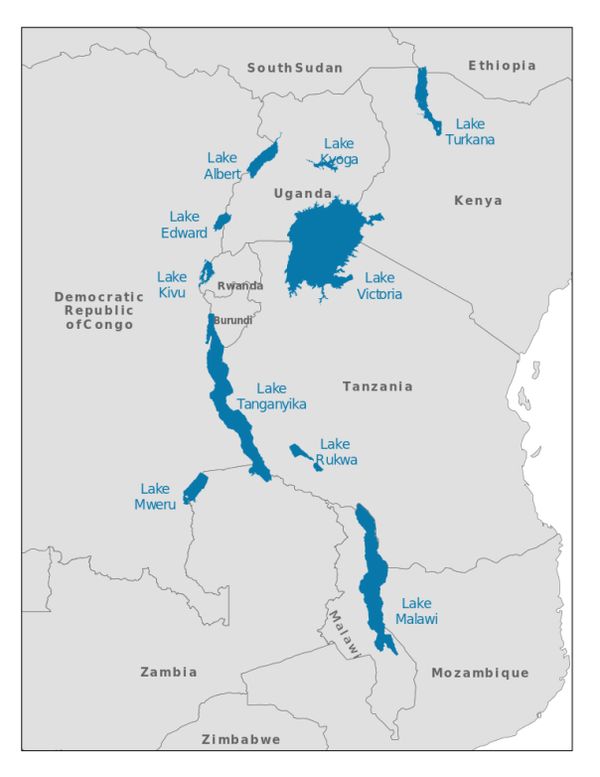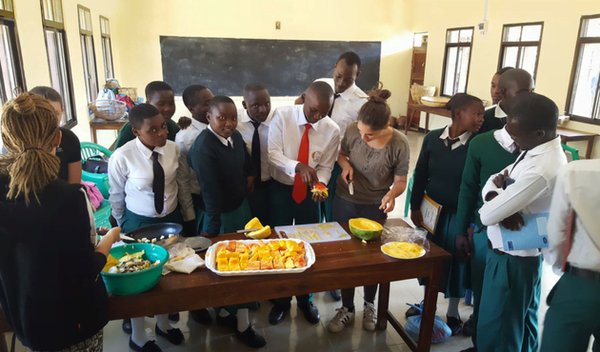Vminwa Abbey in western Tanzania is a special Benedictine center. “Our vocation,” says the prior and master of novices, Lawrence Samson Ntyakila, “is that of missionaries. Unlike what is usually the case with other monasteries of our order, we are very open and active in society.”
In an extremely poor and backward rural area, between Lake Tanganyica and Lake Rukwa, the mission site has become the cultural, social and health reference point for a dozen nearby villages, with about 20,000 inhabitants. Here the Campus Bio-Medico University in Rome, together with the Council for Agricultural Research (Crea), the University of Parma, the Golfini rossi onlus association, and two African universities, Strathmore University (Kenya) and Saint Joseph University (Tanzania), have decided to launch a five-year cooperative project to support agri-food development, nutrition literacy and the start-up of farms in the area. Yesterday, the signing of the agreement took place at the headquarters of the Roman university, in the presence of the rector Raffaele Calabrò, the president of Crea, Salvatore Parlato, Prior Ntyakila, and the teachers of the degree programs involved.
Women, often the majority of the labor force, work with children tied behind their backs
The plan has already undergone a preliminary phase, and some professors and students from the Bio-Medico Campus have been able to visit the area, laying the foundations for future cooperation. “We have found a very poor agricultural area,” says Laura De Gara, head of the degree program in Food Sciences and Nutrition at the Bio-Medico Campus. "There is no electricity or internet connection. The level of agricultural production is very low, with yields of 5-6% of the estimated production. Women, often the majority of the labor force, work with children tied behind their backs.”

The heart of the project is imparting nutritional literacy through a challenging process of “know-how” transfer that, in this specific case, also includes teaching the most basic rules of hygiene and the keys to proper nutrition. The mission has a primary school for 600 children and also a secondary school for 1,200 students. The need for urgent intervention is highlighted by figures released from a study carried out by Campus Bio-Medico students: 75% of the children living in the area suffer from malnutrition, and 80% of these from chronic malnutrition.
75% of the children living in the area suffer from malnutrition, and 80% of these from chronic malnutrition
The project also includes the setting up of a nutrition workshop to which Crea has donated a solar energy dryer for food preservation. This site is intended for training in proper nutrition and finding solutions for better ways to store and process food in order to diversify the diet. The contaminated state of the water supply also contributes to malnutrition. Thanks to a kit donated by Roma Tre University, students have analyzed the local water sources and mapped out purification strategies that will be put into practice over the next five years.
“We hope that this collaboration will lead to something truly great,” says Ntyakila. “I also invite other Italian universities to contribute to the project. In Tanzania there is a strong fraternal spirit of collaboration among the people, and we are a country of peace.”
